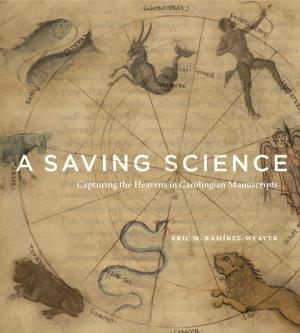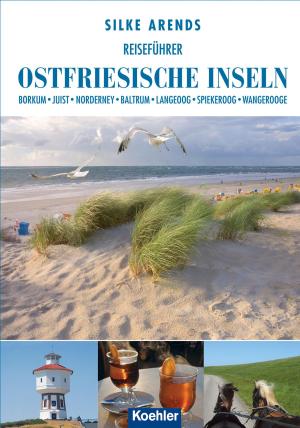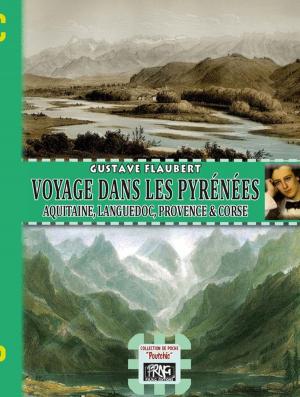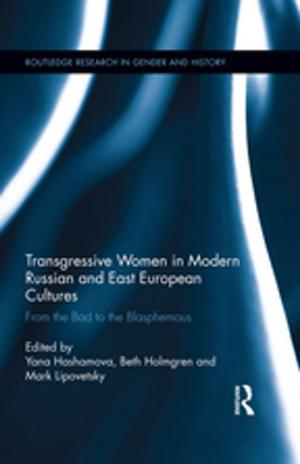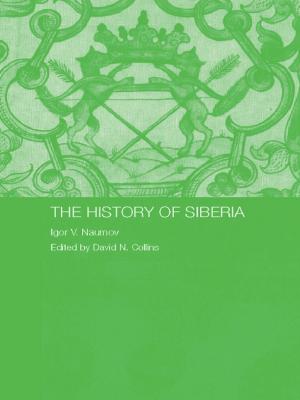Abbotsford : Beautiful Britain series
Nonfiction, Travel, Museums, Tours, & Points of Interest, History, European General, Europe| Author: | Anonymous | ISBN: | 1230000226118 |
| Publisher: | Adam & Charles Black | Publication: | March 18, 2014 |
| Imprint: | Language: | English |
| Author: | Anonymous |
| ISBN: | 1230000226118 |
| Publisher: | Adam & Charles Black |
| Publication: | March 18, 2014 |
| Imprint: | |
| Language: | English |
Abbotsford : Beautiful Britain series
Thousands of persons from all parts of the world visit Abbotsford annually. There is no diminution in the pilgrimage to this chief shrine of the Border Country, nor is there likely to be. Scott's name, and that of Abbotsford, are secure enough in the affections of men everywhere.
It is scarcely necessary to recall that Scott on both sides of his house was connected with the Border Country—the 'bold bad Border' of a day happily long dead. He would have been a reiver himself, more than likely, and one of its nameless bards to boot, had he lived before the Border felt the subdued spirit of modern times. A descendant of Wat of Harden, linked to the best blood of the Border, and with every phase of his life redolent of the Border feeling, history has had no difficulty in claiming Sir Walter Scott as the most representative Border man the world has seen. He was not born in the Border Country, but practically all his life was spent there. He came to the Border a sickly, delicate child, between his third and fourth year, and for threescore years and one he seldom left it for any lengthened interval. Edinburgh was the arena of much of his professional career. But he was happiest, even amid the most crushing sorrows of his life, when within earshot of the Tweed. There was not a blither or sunnier boyhood than Scott's at Rosebank, where even then he was 'making' himself, and dreaming of the days that were to be. At Ashestiel, the birthplace of the most popular poetry of the century before Byron blazed upon the literary horizon, his life was singularly untrammelled. Ashestiel, from being off the beaten track perhaps, seems to have lost favour somewhat with the Scott student. At any rate, it is not the shrine it should be, although in several respects it is more interesting to lovers of Scott than even Abbotsford itself. As for Abbotsford, may we not say that it is at once the proudest, and the most stimulating, and the saddest memorial ever associated with a man of letters? All these places, comprising the three periods of Scott's life—Rosebank, Ashestiel, Abbotsford—lie as close to the Tweed as can be—none of them more than a few hundred paces from it at the outside. And when the great Borderer's task was accomplished, where more fitly could he have rested than with the river of his love and of his dreams singing ceaseless requiem around his last low bed?
It will be interesting to have a glimpse of Tweedside just as Scott appeared upon the scene. Since his day the valley in many of its aspects has not been without change. Even the remote uplands, long untouched by outside influences, have not escaped the modern spirit. The river must needs remain in statu quo, but the contrast between Sir Walter's Tweedside and ours is considerable. A century of commerce and agriculture has wrought marvels on the once bare and featureless and uncultivated banks of the Tweed. And none would have rejoiced at its present picturesque and prosperous condition more than Scott himself. Of the valley as it was a hundred years since, some early travellers give their impressions. There is the following from a Londoner's point of view, for instance—a somewhat sombre picture, true enough, however, of the upper reaches at the time: 'About four in the afternoon we were obliged to proceed on our journey to Moffat, a market town, where we were informed we should meet with good lodging, which made us ride on the more briskly, but notwithstanding all our speed, we had such terrible stony ways and tedious miles, that when we thought we had been near the place, we met a Scotchman, who told us we were not got half way; this put us almost into the spleen, for we could see nothing about us but barren mountains on the right and the River Tweed on the left, which, running thro' the stones and rocks with a terrible noise, seemed to us like the croaking of a Raven, or the tone of a Screitch Owle to a dying man, so we were forced to ride on by guesse, knowing not a step of the way.'
Abbotsford : Beautiful Britain series
Thousands of persons from all parts of the world visit Abbotsford annually. There is no diminution in the pilgrimage to this chief shrine of the Border Country, nor is there likely to be. Scott's name, and that of Abbotsford, are secure enough in the affections of men everywhere.
It is scarcely necessary to recall that Scott on both sides of his house was connected with the Border Country—the 'bold bad Border' of a day happily long dead. He would have been a reiver himself, more than likely, and one of its nameless bards to boot, had he lived before the Border felt the subdued spirit of modern times. A descendant of Wat of Harden, linked to the best blood of the Border, and with every phase of his life redolent of the Border feeling, history has had no difficulty in claiming Sir Walter Scott as the most representative Border man the world has seen. He was not born in the Border Country, but practically all his life was spent there. He came to the Border a sickly, delicate child, between his third and fourth year, and for threescore years and one he seldom left it for any lengthened interval. Edinburgh was the arena of much of his professional career. But he was happiest, even amid the most crushing sorrows of his life, when within earshot of the Tweed. There was not a blither or sunnier boyhood than Scott's at Rosebank, where even then he was 'making' himself, and dreaming of the days that were to be. At Ashestiel, the birthplace of the most popular poetry of the century before Byron blazed upon the literary horizon, his life was singularly untrammelled. Ashestiel, from being off the beaten track perhaps, seems to have lost favour somewhat with the Scott student. At any rate, it is not the shrine it should be, although in several respects it is more interesting to lovers of Scott than even Abbotsford itself. As for Abbotsford, may we not say that it is at once the proudest, and the most stimulating, and the saddest memorial ever associated with a man of letters? All these places, comprising the three periods of Scott's life—Rosebank, Ashestiel, Abbotsford—lie as close to the Tweed as can be—none of them more than a few hundred paces from it at the outside. And when the great Borderer's task was accomplished, where more fitly could he have rested than with the river of his love and of his dreams singing ceaseless requiem around his last low bed?
It will be interesting to have a glimpse of Tweedside just as Scott appeared upon the scene. Since his day the valley in many of its aspects has not been without change. Even the remote uplands, long untouched by outside influences, have not escaped the modern spirit. The river must needs remain in statu quo, but the contrast between Sir Walter's Tweedside and ours is considerable. A century of commerce and agriculture has wrought marvels on the once bare and featureless and uncultivated banks of the Tweed. And none would have rejoiced at its present picturesque and prosperous condition more than Scott himself. Of the valley as it was a hundred years since, some early travellers give their impressions. There is the following from a Londoner's point of view, for instance—a somewhat sombre picture, true enough, however, of the upper reaches at the time: 'About four in the afternoon we were obliged to proceed on our journey to Moffat, a market town, where we were informed we should meet with good lodging, which made us ride on the more briskly, but notwithstanding all our speed, we had such terrible stony ways and tedious miles, that when we thought we had been near the place, we met a Scotchman, who told us we were not got half way; this put us almost into the spleen, for we could see nothing about us but barren mountains on the right and the River Tweed on the left, which, running thro' the stones and rocks with a terrible noise, seemed to us like the croaking of a Raven, or the tone of a Screitch Owle to a dying man, so we were forced to ride on by guesse, knowing not a step of the way.'



